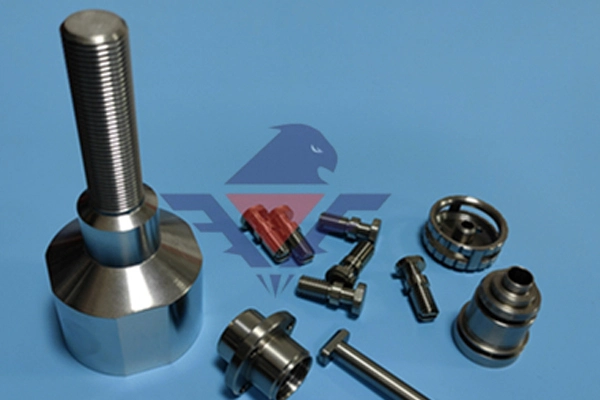
# Precision Swiss Machining for High-Quality Component Manufacturing
## What is Swiss Machining?
Swiss machining, also known as Swiss turning or Swiss screw machining, is a specialized manufacturing process that produces high-precision components with tight tolerances. Originating in Switzerland during the late 19th century for watchmaking, this advanced machining technique has evolved to serve various industries requiring complex, small-diameter parts.
## The Advantages of Swiss Machining
### 1. Exceptional Precision
Swiss machining stands out for its ability to maintain tolerances as tight as ±0.0002 inches (0.005mm). The unique sliding headstock design minimizes vibration and deflection, ensuring consistent accuracy throughout production runs.
### 2. Superior Surface Finish
The process delivers excellent surface finishes, often eliminating the need for secondary operations. This capability makes Swiss machining ideal for medical implants, aerospace components, and other applications where surface quality is critical.
### 3. Efficient Production of Complex Parts
With multiple tooling stations and live tooling capabilities, Swiss machines can perform turning, milling, drilling, and other operations in a single setup. This reduces production time and improves part consistency.
## Key Applications of Swiss Machining
Swiss machining serves numerous industries that demand precision components:
– Medical: Surgical instruments, implants, and dental components
– Aerospace: Fuel system parts, fasteners, and sensor components
Keyword: Swiss Machining
– Automotive: Fuel injection parts, transmission components, and connectors
– Electronics: Connectors, pins, and miniature hardware
– Defense: Firearm components and guidance system parts
## Choosing the Right Swiss Machining Partner
When selecting a Swiss machining provider, consider these factors:
– Experience with your specific industry requirements
– Quality certifications (ISO 9001, AS9100, etc.)
– Material expertise (titanium, stainless steel, plastics, etc.)
– Secondary service capabilities (heat treating, plating, etc.)
– Prototyping and high-volume production capacity
## The Future of Swiss Machining
As industries continue to demand smaller, more complex components with tighter tolerances, Swiss machining technology evolves to meet these challenges. Advancements in machine controls, tooling materials, and automation ensure Swiss machining remains at the forefront of precision manufacturing.
For manufacturers requiring high-quality, precision components with complex geometries, Swiss machining offers an efficient, cost-effective solution that delivers consistent results across production runs.
